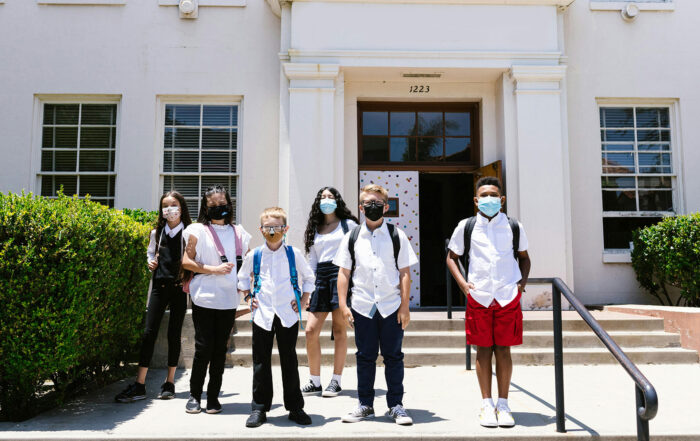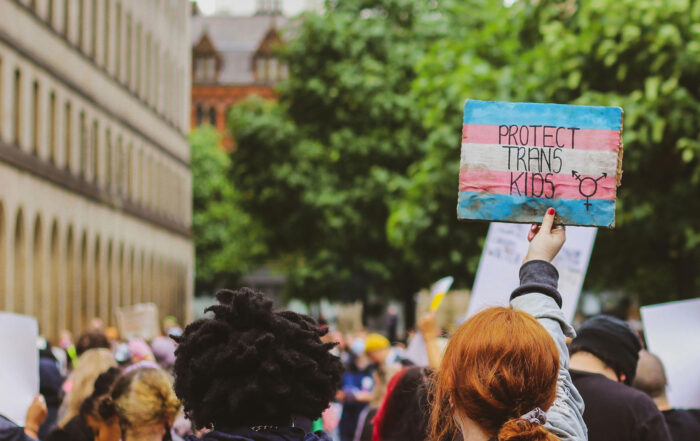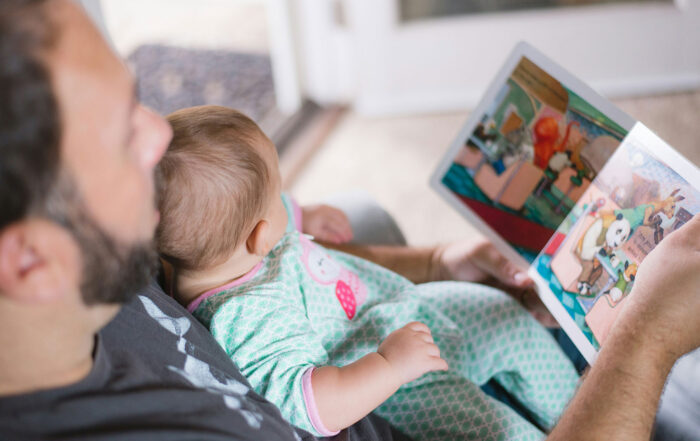
By Bessel A. van der Kolk
Brookline, Mass. – As a young psychiatrist, I worked with Vietnam War combat veterans and confronted the astonishing lack of resources to help these men and women who had sacrificed so much for their country. Three decades later, that situation has greatly improved. First, we named the problem — post-traumatic stress disorder — and then in 1989 Congress created the National Center for PTSD to help suffering veterans.
Their plight has also led to a greater recognition of the impact of violence on children. For every soldier returning from Iraq and Afghanistan with symptoms of depression or PTSD, there are around 10 children in the United States who are traumatized by exposure to family violence, sexual abuse, neglect and assault, with consequences comparable to those of adult exposure to war-zone violence. We have made progress in treating these children, but that progress is threatened by a drastic budget cut proposed by the White House.
Share This Post!
‘All Kinds Of Trauma’: Students Are Returning To School, But Are We Ready To Help Them Cope?
Rosalinda Guzman was inside a bathroom stall at school when something begged for attention. It was on the door, where the school posts announcements. “That little tiny piece of paper was just [...]
Identifying the Intersection of Trauma and Sexual Orientation and Gender Identity: Part I: Key Considerations
WHY ASK ABOUT SEXUAL ORIENTATION AND GENDER IDENTITY? There is a growing body of evidence showing that Lesbian, Gay, Bisexual, Transgender, and Queer/Questioning (LGBTQ+) youth suffer from potentially traumatic events (PTEs) at [...]
Heal trauma with rhythm
Anyone who’s soothed a fussing baby knows that gentle rocking often does the trick. The vestibular (balance-related) stimulation that rocking creates is certainly a part of that. Equally important is the rhythm [...]
Will My Child Bounce Back From the Coronavirus Crisis?
With many months of the coronavirus crisis behind us and still more uncertainty and stress ahead, life is tough right now for kids of all ages. Many parents — seeing their children [...]
Trauma in Children During the COVID-19 Pandemic
Across the nation, everyone is being exposed to and reacting to the confusing, stressful, and sometimes frightening situation of the 2019 coronavirus disease (COVID-19) pandemic in different ways. But are we, and our [...]
How to Keep Children’s Stress From Turning Into Trauma
By Stacey Steinberg Children may be processing the disruptions in their lives right now in ways the adults around them do not expect: acting out, regressing, retreating or even seeming surprisingly content. [...]







